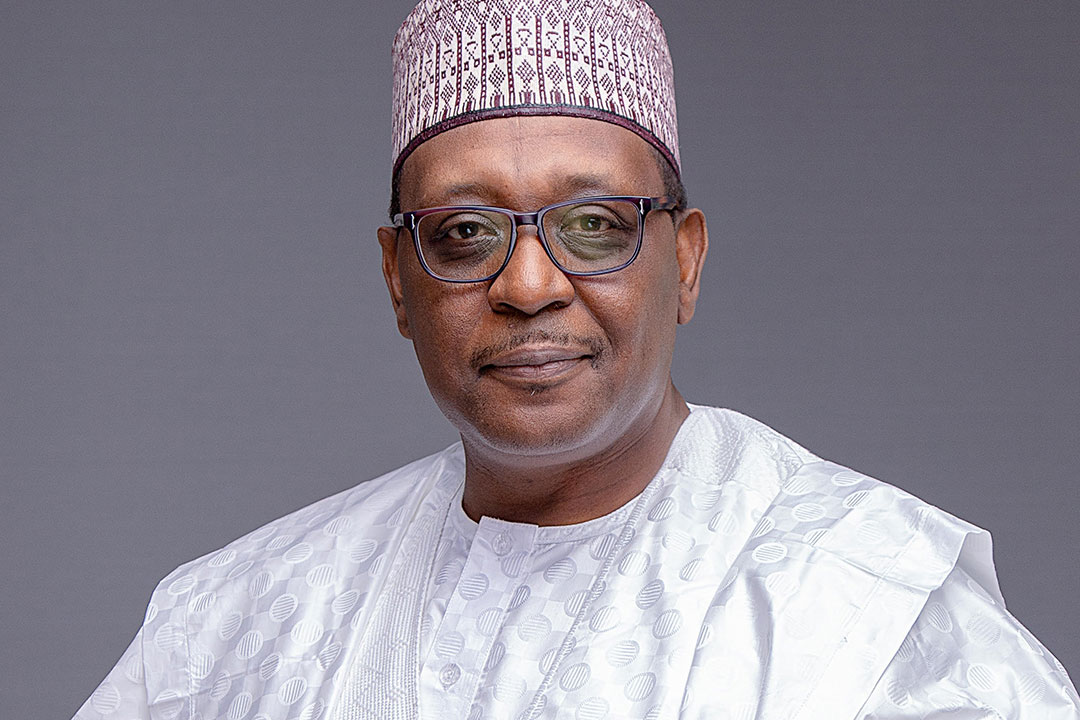By Asmau Ahmad
The Nigeria’s Federal Government said it is committed to improving the wellbeing of adolescents and young adults in the country.
The Coordinating Minister of Health and Social Welfare, Professor Muhammad Ali Pate, said this on Thursday in Abuja, at the 2023 Global Forum for Adolescents 2023 with the theme: “With and for Adolescents, Our Future is Now.”
Pate said that the Federal Government recognises that the wellbeing of adolescents is critical to achieving sustainable development.
He also said that it acknowledges the importance of adopting a whole-government approach to addressing the multiple and intersecting factors that impact adolescents in the country.
“We commit to improving adolescents’ wellbeing and accelerate the achievement of related Sustainable Development Goals (SDGs) priority for adolescents and young people as a smart investment in the future of our societies, economies and the planet.
“We also commit to prioritising adolescent wellbeing and raising SDG priorities in our national development plans and strategies to ensure disaggregated data collection so that we better understand the challenges and opportunities for ensuring adolescents’ wellbeing.
“Also, to integrate adolescent specific aggregators into the monitoring and reporting frameworks by meaningfully engaging the adolescents themselves and young people in the design, implementation and monitoring of policies and programmes that affect their wellbeing,” he said.
The minister added that the government is also committed to increasing its financial commitments and develop programmes and service delivery actions that would improve adolescents’ wellbeing.
“The Federal Government is totally committed to all efforts directed at the realisation of adolescents and young people’s potentials in nation building and for them to become healthy adolescents now, healthy in the future and flourishing healthy generations in the future.
“By making these commitments, we agree to register our commitments on the SDG Summit Acceleration and Accountability Platform.
“We commit to systematically report on the implementation of those commitments through existing follow up and review processes including the Voluntary National Review Process,” he added.
The World Health Organisation (WHO) Country Representative, Dr Walter Mulombo, called for the importance of government adopting an approach to work together in a coordinated and collaborative manner to address the multiple and intersecting factors that impact adolescents.
“Strengthening our collective efforts to improve adolescent well-being will help accelerate the achievement of related SDG priorities – for investing in adolescents and young people is a smart investment in the future of our societies, economies, and the planet.
“Nigeria frameworks will benefit more by meaningfully engaging adolescents and young people in the design, implementation, and monitoring of policies and programs that affect their well-being,” he said.
He added that WHO would continue to support Federal Government’s efforts to make adolescent well-being a national priority and for hosting the Partnership for Maternal, Newborn and Child Health to coordinate the Global Forum.
In a message, the representative of the United Nations Population Fund, (UNFPA), Kareema Bungudu, said that adolescents and young people under 25 years make up about 63 per cent of the nation’s population and are a key focus group for UNFPA mandate areas.
She said it cuts across our three transformative goals of zero preventable maternal deaths, zero unmet need for family planning and zero tolerance for gender-based violence and other harmful practices.
The Global Forum for Adolescents, the world’s largest-ever virtual gathering for adolescent health and well-being will hold from October 11 to October 12.
It is a key milestone within the 1.8 billion Young People for Change campaign and is co-produced and co-owned by young people and multiple stakeholders, including United Nations agencies.




